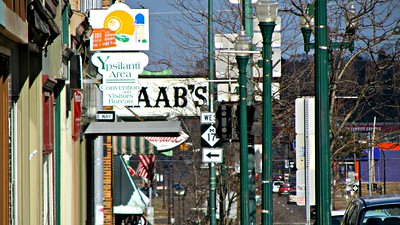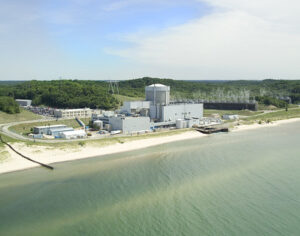A couple of weeks ago, I wrote about the Ann Arbor Greenbelt and its apparent impact on Washtenaw County. About a decade ago, the Office of Community and Economic Development commissioned a report that outlined the likely economic and quality-of-life outcomes for Washtenaw County if the county did not act on certain pressing issues.
One of the pressing issues the consultant firm CZB identified was the concentration of poverty in specific areas around the county. To that end, the report stated:
”Concentrated poverty is a problem that isn’t going away. People understand that it isn’t economically healthy for any community to have a disproportionate share of low-income housing. It isn’t sustainable for one area to essentially send low income residents and the resulting service needs to communities that are not able to afford the services needed to give the residents the best chance at success. This imbalance is one of the most striking and hardest issues that needs to be addressed.”
A decade after this was written, there’s still no comprehensive plan to stop concentrating poverty into eastern Washtenaw County. There’s no plan to help communities in eastern Washtenaw County deal with the flood of economic refugees that have accumulated here. Beyond simple “services” to address the needs of the chronically under-resourced households, there has to be a longer term strategy that both halts the creation (or relocation) of low income homes here and also reverses the economic misfortunes of long-established low-earning households.
Between 2014 (when the czb report was published) and 2016, more than half of persons living in the City of Ypsilanti made less than $35,000. For the same period in Ann Arbor, one-third of residents made less than $35,000. In Ypsilanti Township, slightly more than one third of residents reported incomes below $35,000.
Washtenaw County needs action on poverty right now
Improving income is one area in which Washtenaw Community College could be useful, if its academic programs were focused on preparing students for high-wage, high-demand jobs. Skilling the workforce in this way opens up a much wider range of possibilities for attracting new employers and new industries.
A decade ago, few people (if any) were concerned about the possibility of losing jobs to artificial intelligence and other emerging technologies. Today, it is very possible that AI will virtually swallow whole sectors of the economy, leaving a large number of people without jobs and without marketable skills.
The advent of artificial intelligence could not come at a worse time. In addition to developing AI-resilient economic sectors, communally we also need to develop strategies for dealing with the ongoing impact of climate change, clean energy production, and seismic shifts in the way we move from place to place.
We need all hands on deck, and WCC must do its part to help move Washtenaw County’s economy – and everyone in it – forward.
Photo Credit: ellenm1 , via Flickr










